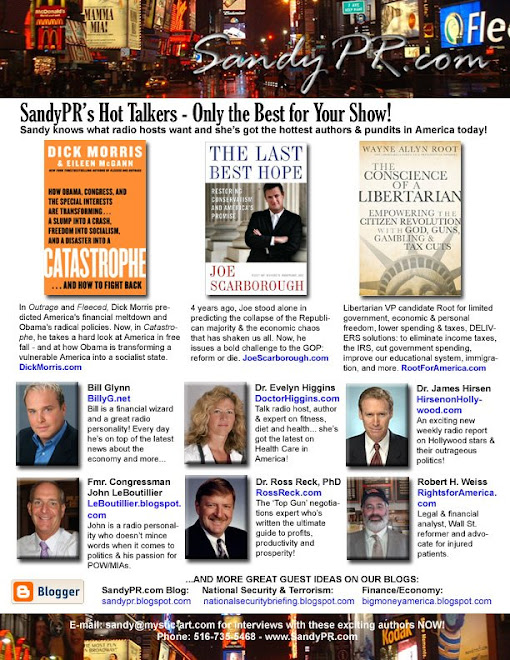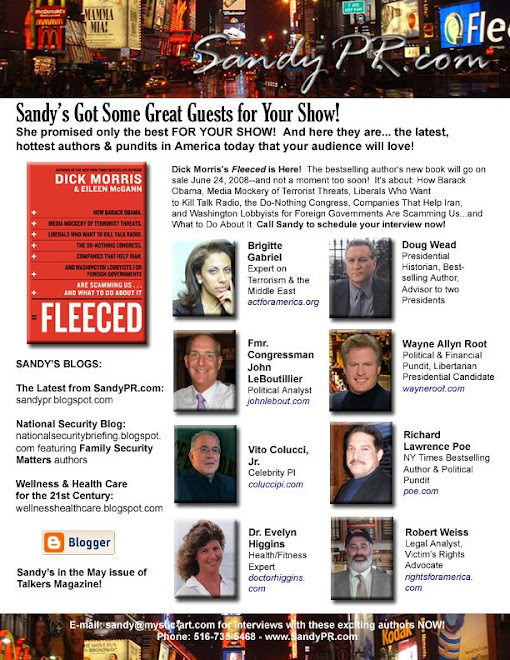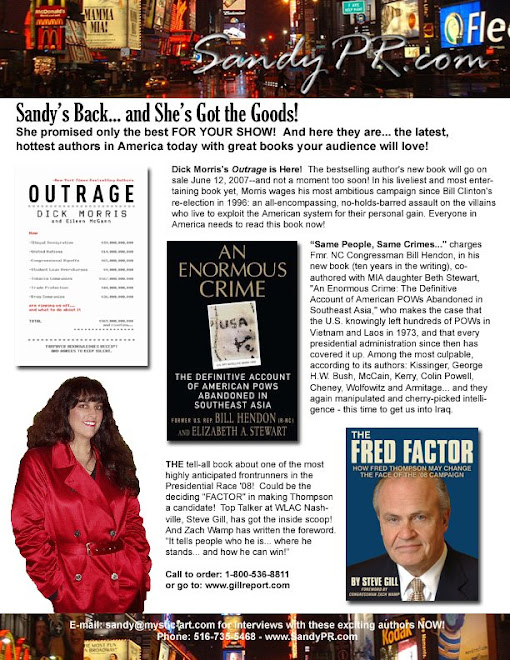SCIENCE’S WAR ON RELIGION
EXPLODING THE 7 MOST COMMON
RELIGION-BASHING MYTHS
Historian of science exposes the lies of Bill
Nye “The Science Guy,” Neil deGrasse Tyson, Carl Sagan, Stephen Hawking, and
others
What do Bill Nye “The
Science Guy,” Neil deGrasse Tyson, Stephen Hawking, and Carl Sagan have in
common? These famous popularizers of science have all spread stories to
suggest that science and religion have been at war with each other for
centuries - that religion is anti-science. There’s just one
problem: these stories are pure myth.
Now, Michael
Newton Keas, a historian of
science, explodes the 7 most
popular and pernicious myths about science and religion. In the new book Unbelievable:
7
Myths About the History and Future of Science and Religion, Keas debunks the myths and shows how they
have infiltrated science textbooks and popular culture. He reveals:
· Why the “Dark Ages” never happened;
· Why we didn’t need Christopher Columbus to
prove the earth was round;
· Why Copernicus would be shocked to learn that
he supposedly demoted humans from the center of the universe;
· What everyone gets wrong about Galileo’s clash
with the Church, and why it matters today;
· Why the vastness of the universe
does not deal a blow to religious belief in human significance;
· How the popular account of Giordano Bruno as a
“martyr for science” ignores the fact that he was executed
for theological reasons, not scientific ones; and
· How a new myth is being positioned to replace
religion - a futuristic myth that sounds scientific but isn’t.
The 7 myths Keas
debunks in Unbelievable amount to little more than religion bashing -
especially Christianity bashing. In exposing these myths, Keas shows that
the real history is much more interesting than the common narrative of religion
at war with science.
ABOUT Michael Newton Keas, PhD: Keas is a senior fellow at
Discovery Institute and a former Fulbright scholar. He holds a PhD in the history
of science from the University of Oklahoma and serves as lecturer in the
history and philosophy of science at Biola University.






No comments:
Post a Comment